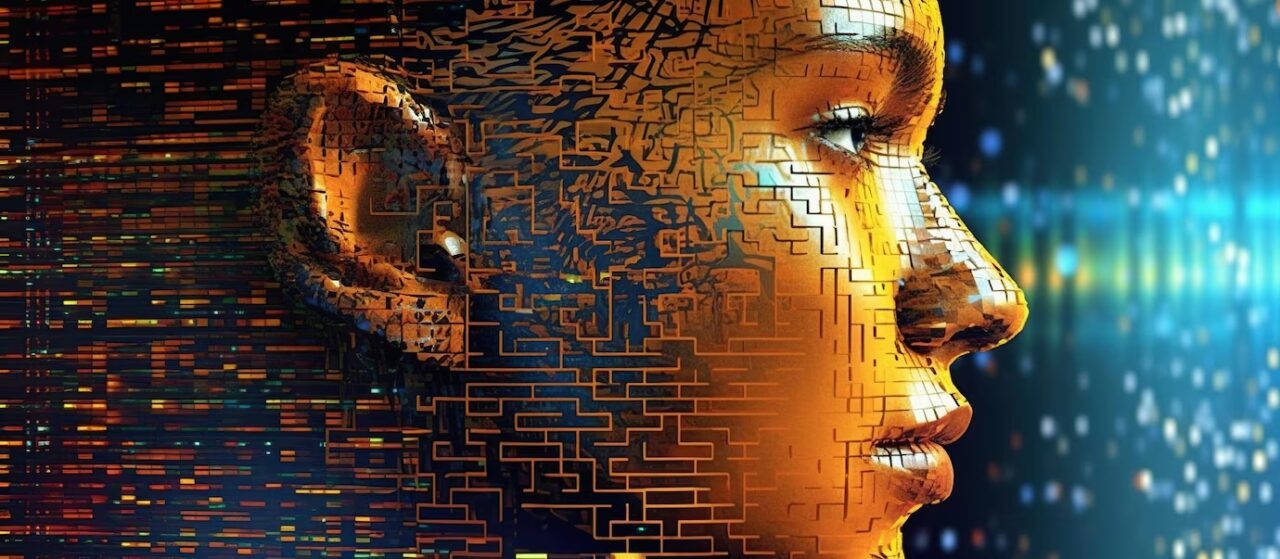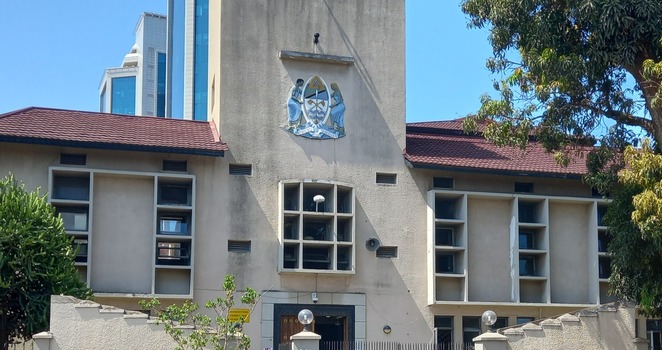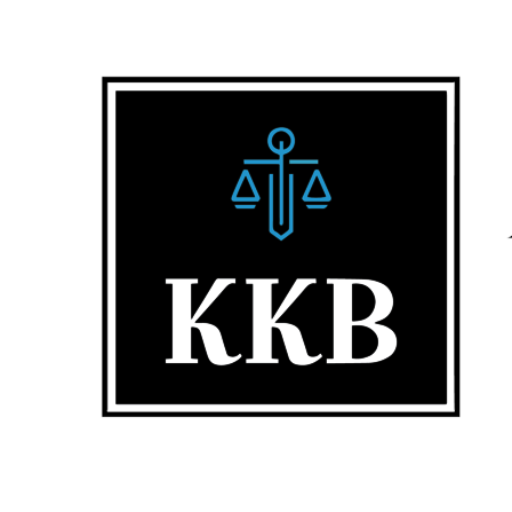

Advancing Justice: Tanzania Embraces AI for Enhanced Court Proceedings
On 28 February 2024, the Chief Justice of Tanzania announced the integration of Artificial Intelligence (AI) into the country’s judicial processes focusing on court transcriptions and interpretations/translations.
Over the next four years, the system will be implemented in approximately one-third of Tanzania’s courtrooms, aiming to alleviate the workload of Judges, Magistrates, and Court staff.
Automatic transcription will reduce the judge’s burden of work, as the judges and magistrates’ job is to listen and make decisions and not to do transcription,”
continued Prof Juma.
To ensure that the system performs its translation task efficiently, the system was fed with Kiswahili dialects of various communities from Tanzanian inland to Pemba Island. The system was also trained on the Tanzanian English attribution.
The system was developed in collaboration with the Italian company Almawave, using its proprietary speech recognition technologies of PerVoice.
According to the company, the framework agreement with the Tanzania judiciary will last for four years, with the first-year value of the contract standing at USD 1.1 Million. The total framework agreement is expected to reach the tune of USD 3 Million.
The Tanzania Chief Justice said that so far eleven sets have been installed. Almawave reports show that the system is expected to be installed in 50 courtrooms out of 169 courtrooms in Tanzania.

Leveraging Technology for Efficient Case Management
Tanzania court has about 10 ICT systems with the most prominent being the e-case management system that supervises the overall case management in Tanzania, lawyers and clients have access to follow up their case proceedings directly through the system.
Their primary job is to listen and make decisions, not to do transcriptions,” Professor Ibrahim Juma asserted. “And to hire stenographers competent in both languages for all 34 judges serving the Court of Appeal, 105 judges in the High Court, and over 2,000 magistrates at primary and district court level is an arduous and expensive undertaking, so this is one area where we expect AI technology to truly provide relief,” he added.
Tanzania introduced a new law in 2021 declaring Kiswahili the official language of administration and dispensation of justice in domestic courts of law, to be used as a “general rule”, while English would remain permissible as “an exception to the rule”. Previously, all legislations passed by the country’s parliament, along with related rules and regulations, were written exclusively in English.
The law change has led to a complicated situation. Case hearings are normally conducted in Kiswahili at all levels of Tanzania’s court system, mainly to allow all parties involved – including accused persons, plaintiffs, and respondents with little or no grasp of English – to follow proceedings more easily. However, judgments and rulings are still traditionally delivered in English, especially in the High Court and Court of Appeal.

The judiciary’s new AI system is being installed with the help of Italian company Almawave under a four-year, $3 million contract signed with Tanzania in 2022
Initially targeting up to 50 courtrooms in Tanzania’s 169 courts, the project will be expanded to more courtrooms during the contract’s duration. According to Prof. Juma, 11 courtrooms have so far been supplied with AI-powered transcription and translation sets under the first installation phase.
Almawave, which provides AI and Big Data solutions, including natural language analysis, says the project involves refining the system algorithms for speech recognition via word pronunciations, accents, and cadences to automate court session transcriptions in either Kiswahili or English and automatically translate into the other language.
In the past, such work was done manually in Tanzanian courts, often resulting in errors and other snags that triggered unnecessary case delays and sometimes fresh litigation by aggrieved parties. The company says the AI-based systems will eliminate such errors and their work can also be verified by human court staff before becoming official documentation.
Hence, AI systems can process and analyze vast amounts of legal data, enabling more efficient legal research, case law analysis, and contract review. This can lead to faster and more accurate insights for legal professionals.
KKB ATTORNEYS AT LAW


